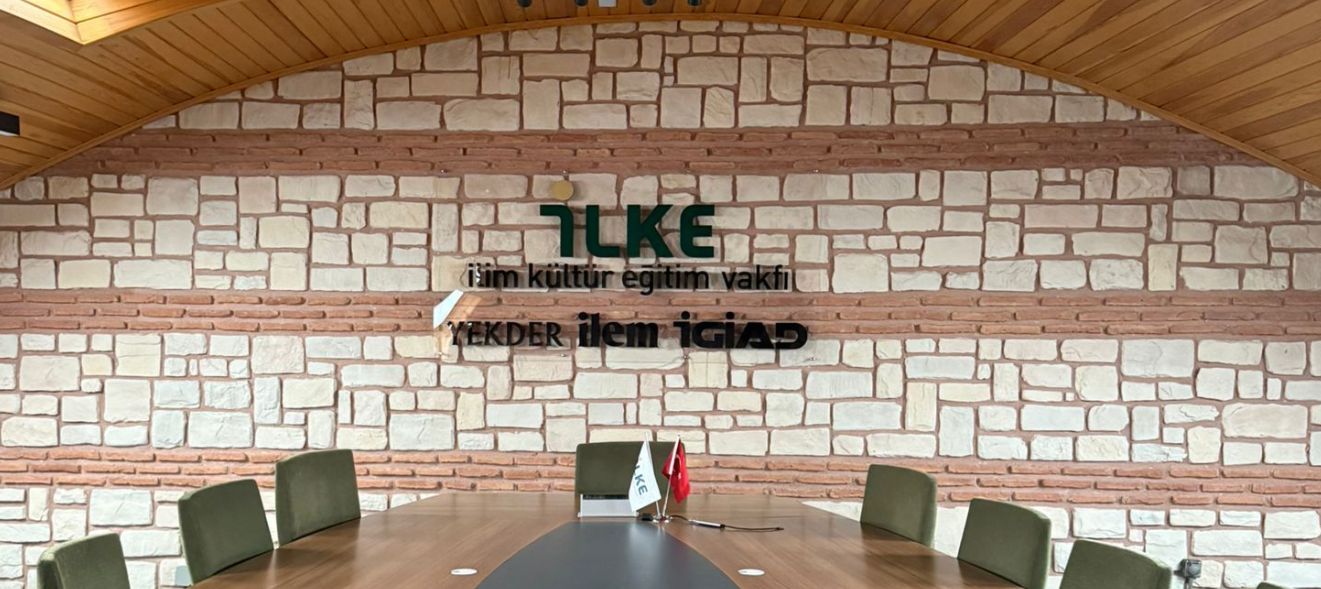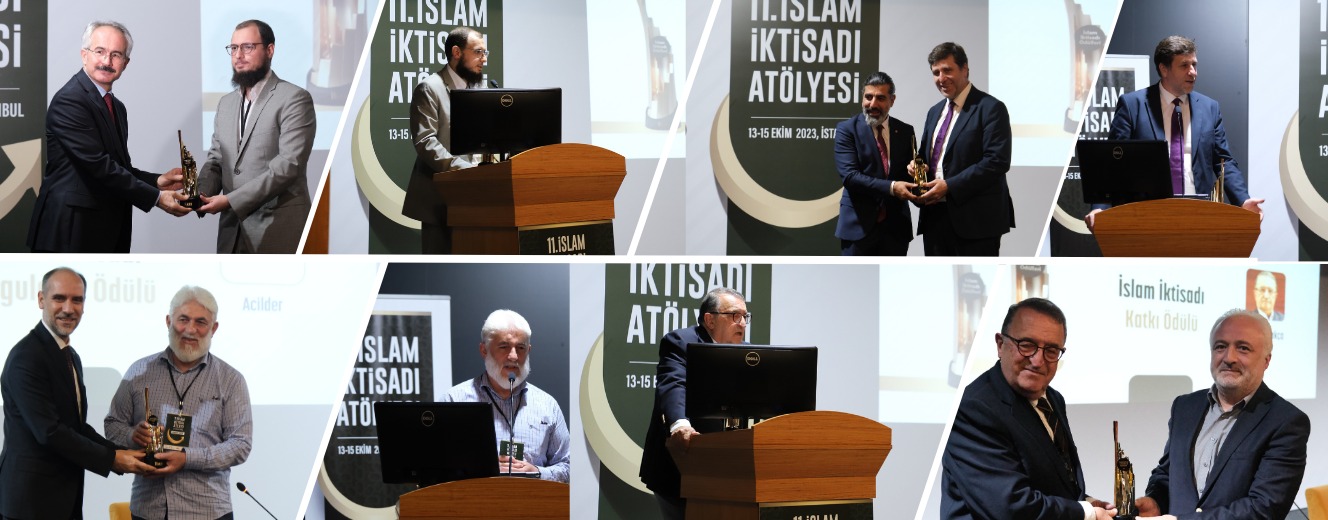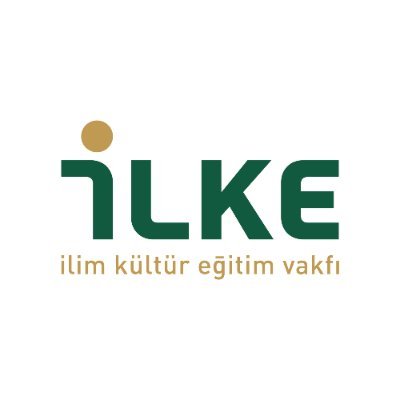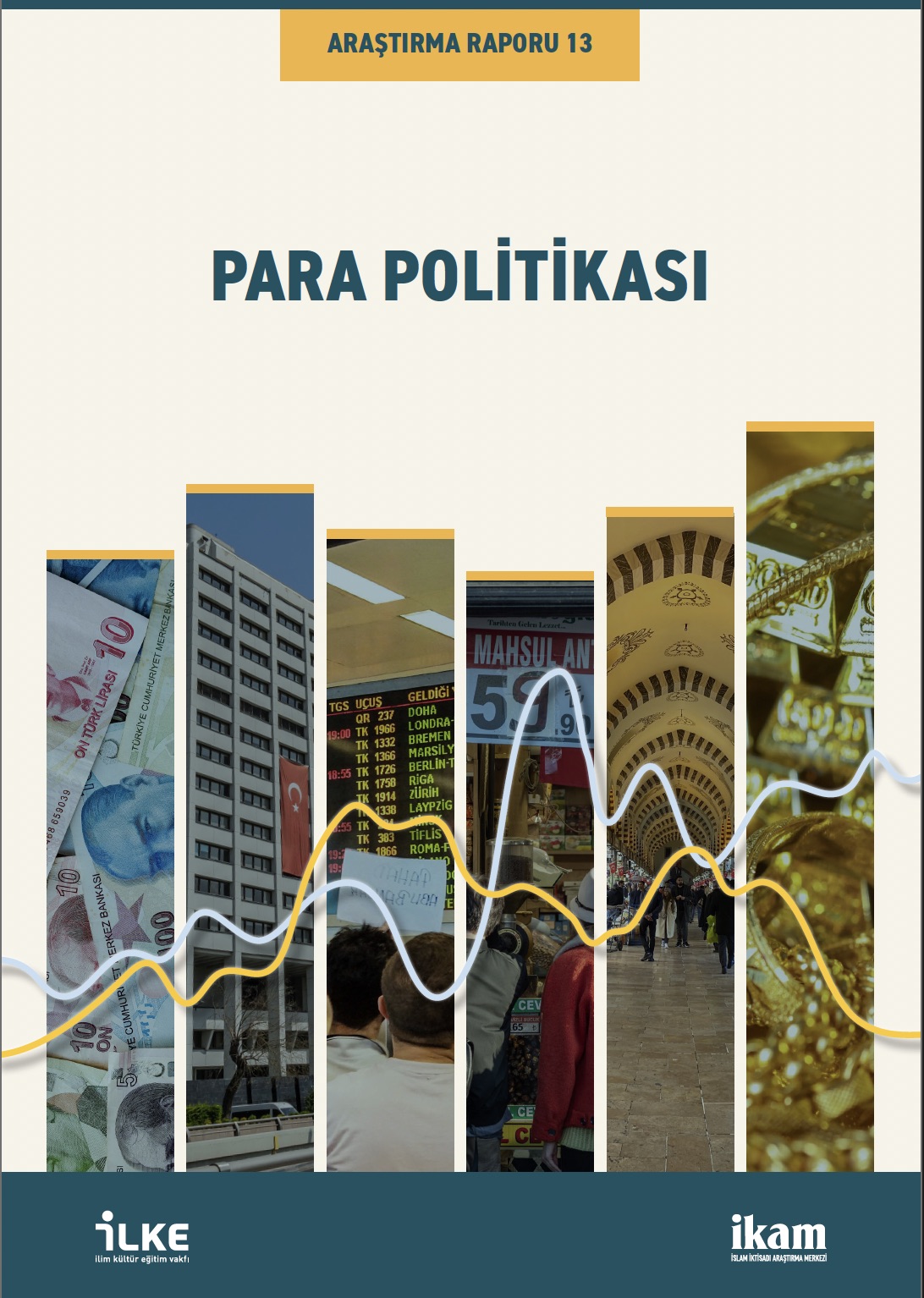
Islamic Economic Research Center
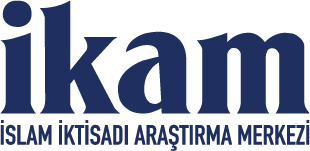
Islamic Economic Research Center
ILKE Science Culture Education Foundation is an umbrella organization established in 2010 in order to operate in the field of business ethics and entrepreneurship, academic studies and non-formal religious education together with its institutions and to conduct pioneering studies that improve the strategic outlook on these issues. Within this framework, it undertakes the function of a center that produces information, policies and strategies in the areas of work of the institutions under the roof of the ILKE Foundation, ensures the representation of our institutions in public and improves corporate relations.
The ILKE aims both to eliminate the Decoupling between academia and the business world and to evaluate the modern economic structure surrounded by the capitalist economic system in terms of Islamic values, and to carry out a number of activities that will build the theoretical structure of a new paradigm. He has established the Islamic Economics Research Center (IKAM) in order to carry his Islamic economics studies, which he has been carrying out for a long time, to a more effective basis and to meet the ever-expanding demand and need in the field of Islamic economics. Established by the ILKE with the institutional support of ILEM and IGIAD, activities such as research, publication, training, conferences and workshops are carried out at the center.
Islamic economics studies in general remain limited in our country and in the world, and studies need to be diversified. All the antitheses about the capitalist system are being refuted day by day, and an alternative that will be a remedy against this unjust system cannot be developed. Islamic economics has the potential to provide a fairer economic life and distribution with the proposed systems and practices. Because the effort and claim of Islamic economics stems from faith, and this teaching imposes responsibilities on Muslims in terms of what they do and say. In this context, in the light of past accumulations, there is a need for competent researchers to focus on new studies and turn to this field.
The Islamic Economics Workshop, organized by IKAM since 2013, started with this idea and made valuable contributions to the knowledge base. This workshop, which has turned into a product and covers the field of theoretical and applied economics rather than current financial issues, has attracted great interest. IKAM aims to carry out new studies based on this accumulation and to increase the production of knowledge in different fields.
OUR AIM
The Islamic Economics Research Center (IKAM) was established in order to contribute to the conduct of Islamic economics studies in a more qualified manner. IKAM aims to encourage the production of competent ideas and theories for the comprehensive construction of the idea of ”Islamic economics" and to provide a basis for new studies.
IKAM aims to carry out long-term, in-depth, holistic, qualified studies for the formation of a system that promotes fair, halal earnings and respects human and human labor as an alternative to the current economic system, which is developing hand in hand with capitalism. This center, which will address Islamic economics on both theoretical and practical grounds, aims to create a structure that expands the issues of Islamic economics on various platforms by addressing them in different dimensions and enriching them with various activities so that they can benefit people working in the field.
IKAM, which attracts more attention to the field with its rich content and various activities, aims to fill an important gap in the field as a center containing concrete solution proposals that can be an alternative to the existing capitalist system on both national and international platforms.
Related Contents
The Islamic Economics and Finance Ecosystem in Türkiye 2024 Report
The Islamic economics and finance ecosystem has been receiving increasing global attention, especially over the past 20 years. This growing interest reflects a search for a fairer and more humane alternative system in response to the injustices brought about by the capitalist system.The report titled “The Islamic Economics and Finance Ecosystem in Türkiye 2024 Report”, prepared by İKAM, comprehensively examines the current state and future potential of Islamic economics and finance in Türkiye.The report also presents proposed solutions to the challenges and existing problems within the ecosystem. Its primary aim is to promote greater awareness and accessibility of the Islamic economics and finance ecosystem and the opportunities it offers. In this context, the report’s findings and recommendations serve as an important resource for policymakers, academics, and industry representatives.
- Field Monitoring Reports
- 27-10-2025
13th Islamic Economics and Finance Summit
The 13th Islamic Economics and Finance Summit, organized by the Islamic Economics Research Center (IKAM) of İLKE Foundation, will be held on October 28, 2025, in Istanbul, under the main sponsorship of Vakıf Katılım, with the valuable support and collaboration of the Turkish Association of Business Ethics (İGİAD), Anadolu Agency (AA), Türkiye Katılım Sigorta, Hamad Bin Khalifa University, İktisat Vakfı, and Boğaziçi University.Previously held as the Islamic Economics Workshop, which was limited to academic presentations, the event has been continuing since 2024 as the Islamic Economics and Finance Summit. This year, the 13th Summit will once again bring together researchers, academics, and professionals from both the public and private sectors, with the aim of presenting and discussing recent studies in Islamic economics and participation finance.The program will begin in a single session in the morning and continue in the afternoon with two parallel sessions: a general session and an academic session. In the general session, leading institutions from the sector will deliver presentations that highlight the current state of the financial industry. The academic paper presentation sessions, which were previously a hallmark of the workshop, will continue this year in the academic session.By combining academic and sector-focused sessions, the Summit will provide an extended platform where both scholars and leading industry figures can engage in in-depth discussions on Islamic economics and finance. In doing so, it seeks to foster new opportunities for collaboration and stronger alignment between academia and the industry.In addition, Islamic Economics Awards 2025 will also be presented to their recipients during the 13th Islamic Economics and Finance Summit.For Registration:
- Symposium
- 09:00 - 19:00
Public Finance Report Presentation Held!
Prepared under the editorship of Assoc. Prof. Dr. Ömer Faruk Tekdoğan, the report offers a comprehensive assessment in critical areas such as public revenues, expenditure policies, and borrowing strategies. Through both quantitative and qualitative analyses, it sheds light on future policy options by addressing current issues regarding Türkiye's public finance and offering solution proposals for these problems.Key topics covered in the report include:Limitations of structural savings in the public sectorThe impact of fiscal policies on price stabilityThe need for transformation in the tax systemComparative analysis of public expenditures with OECD countriesSustainability and management of the public debt stockThe report was presented to the public at the launch program held in Ankara on June 26, with presentations by Assoc. Prof. Dr. Ömer Faruk Tekdoğan, Dr. Bekir Eren, and Emrullah Aydın, with the participation of representatives from academia, the public sector, and civil society.Through this comprehensive and strategic report, IKAM evaluates Türkiye's public finance in terms of both its scientific and societal impacts, offering a guiding resource for policymakers, practitioners, and researchers.Click here to view the report.You can access the program recording on the ILKE Foundation YouTube channel.
- İKAM
- 04-02-2026




